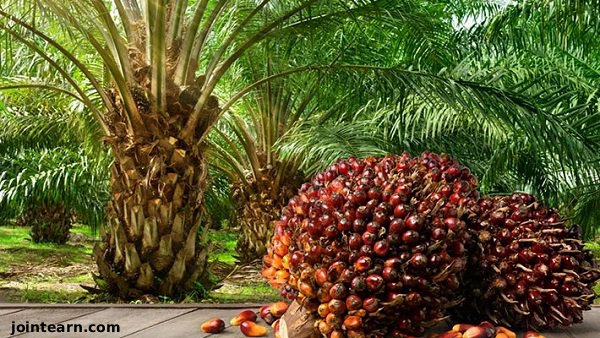
Stakeholders in Nigeria’s oil palm value chain have met in Abuja to harmonize the National Initiatives for Sustainable and Climate-Smart Oil Palm Smallholders (NISCOPS) with the Comprehensive African Agricultural Development Programme (CAADP) III Kampala Declaration.
Kene Onukwube, Programme Manager at Solidaridad Nigeria, explained that the meeting focused on aligning NISCOPS’ four key outcomes—emphasizing productivity, sustainability, inclusivity, and income growth for smallholders—with CAADP III’s six strategic pillars.
“We want productivity in line with nature, deforestation-free policies, and smallholder-inclusive sourcing and benefit-sharing,” Onukwube said.
He noted that the six CAADP III strategies complement NISCOPS priorities, particularly regarding climate-resilient agriculture, inclusivity, and investment, and urged private sector actors to support smallholders in adopting sustainable production practices.
Despite its potential, Nigeria’s palm oil sector remains underperforming, with a production gap of around 1.6 million metric tonnes. Onukwube highlighted that 27 of 36 states, including the FCT, are suitable for cultivation, and proper support could significantly boost output and economic impact.
To address challenges like limited access to improved seedlings, NISCOPS has trained smallholder farmers to raise improved varieties themselves, benefiting states such as Cross River, Akwa Ibom, Enugu, Kogi, Edo, and Ondo.
Ogu Abraham Dayo, Senior Programme Manager at IDH, emphasized the need for better data coordination across the sector, in collaboration with the National Bureau of Statistics, to ensure synchronized and validated information useful for both national and African Union policy planning.
IDH also works with private sector partners to strengthen smallholders through market linkages and capacity building, with current operations focused in Edo State.
“Governments at all levels should deliberately invest in smallholders’ capacity to produce more seedlings to replace wild oil palm concentrations,” Onukwube added.
The initiative aims to boost productivity, promote deforestation-free practices, and ensure smallholders are fully included in policy design and benefit-sharing while contributing to Nigeria’s agricultural growth.


Leave a Reply